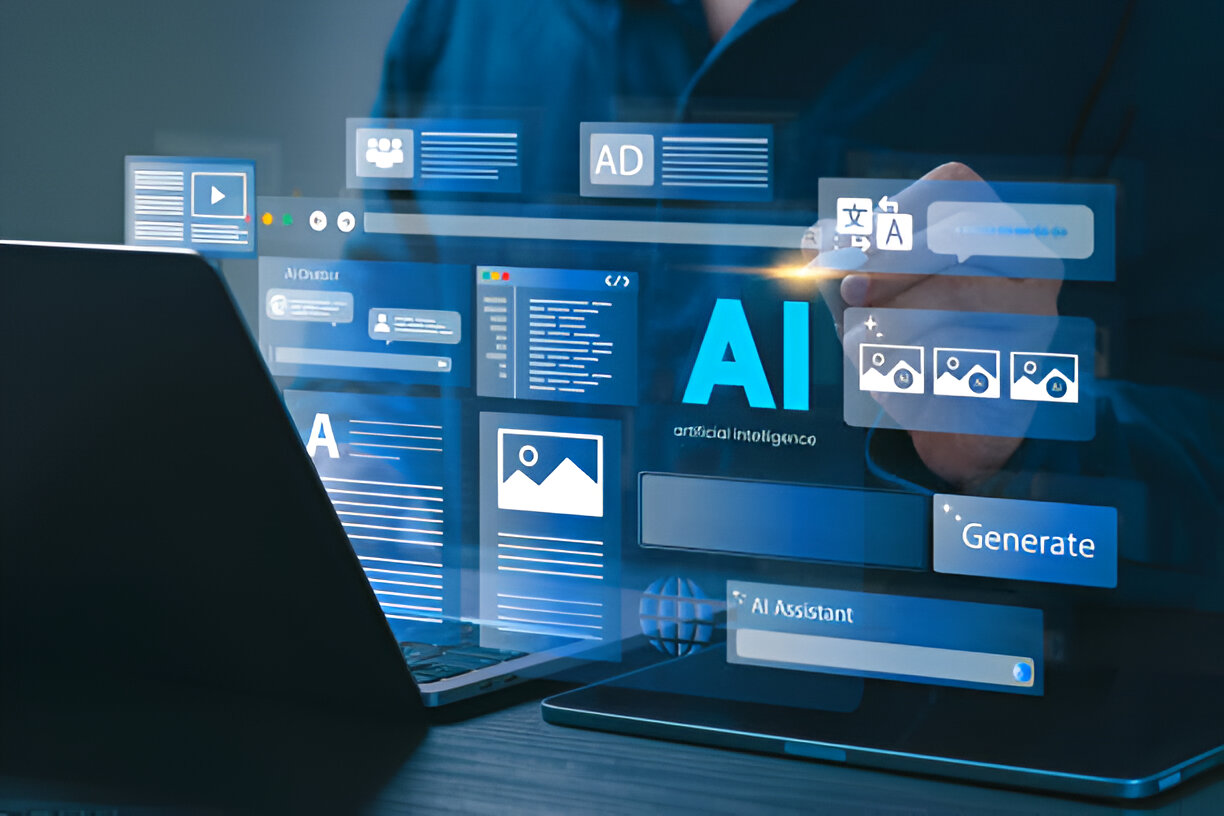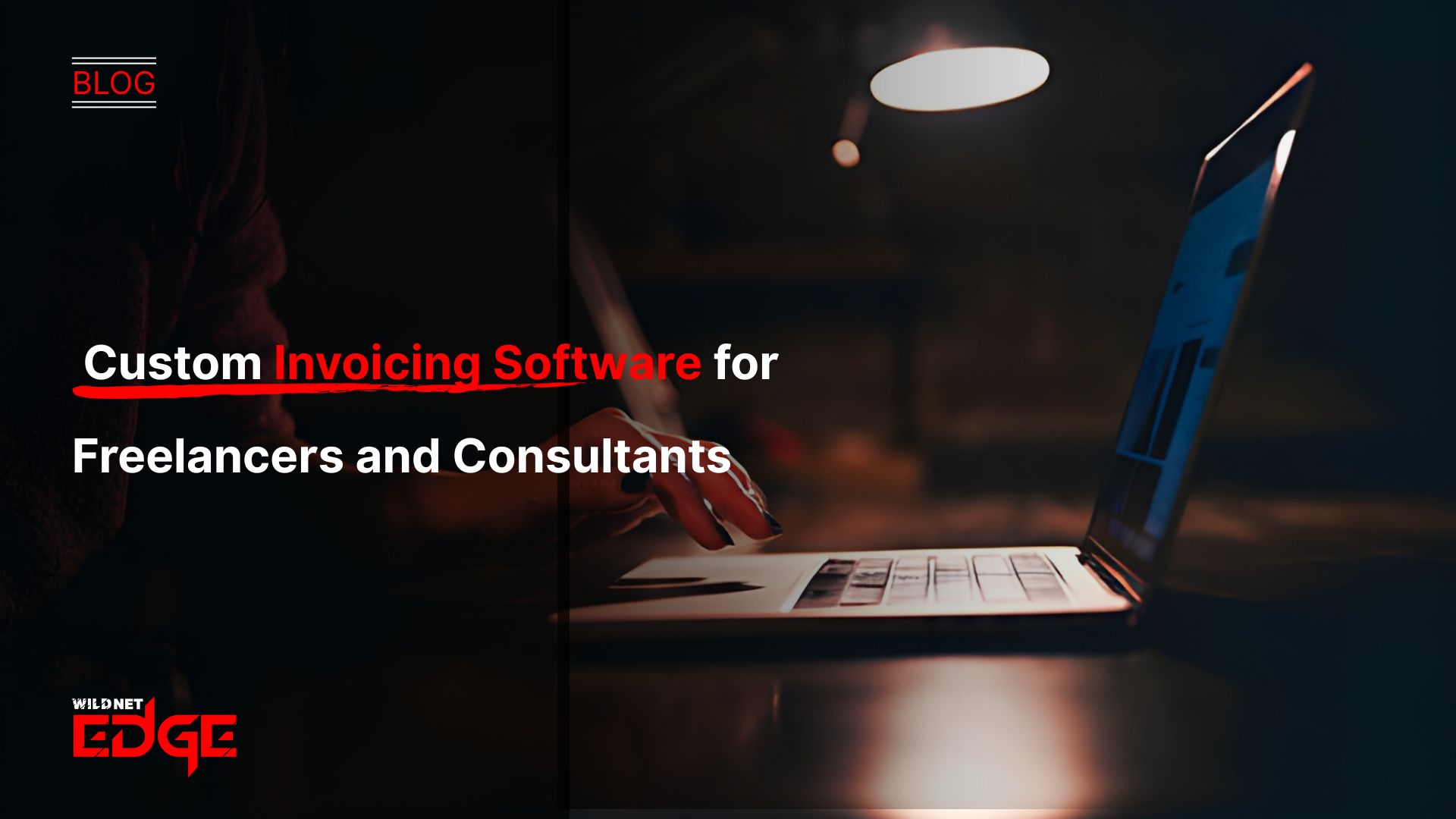In today’s complex regulatory environment, organizations face endless challenges in maintaining compliance while also striving to innovate and grow. Regulations are evolving at a rapid pace, making it increasingly difficult for businesses to keep their compliance frameworks up to date. Traditional compliance methods often involve cumbersome manual processes that consume valuable time and resources. How effective are current compliance methodologies? Are they truly capable of keeping pace with today’s demands?
Enter AI compliance software development, a game-changing approach that leverages artificial intelligence to automate and streamline regulatory processes. By embracing this technology, businesses can enhance their compliance efforts and ultimately simplify the complexity surrounding regulations.
Understanding AI Compliance Software Development
What Is AI Compliance Software?
AI compliance software is a specialized technological solution that uses artificial intelligence to automate regulatory processes, enhancing an organization’s ability to comply with various laws and regulations. This software typically integrates machine learning and sophisticated data analysis techniques to assess compliance risks and monitor regulatory changes.
Through the use of natural language processing (NLP) and predictive analytics, AI compliance software can efficiently process and analyze vast amounts of data, facilitating real-time compliance capabilities. For instance, this software helps organizations automatically interpret compliance data from various sources, flagging issues before they escalate into severe regulatory breaches. By employing algorithms that learn from historical data, AI compliance solutions can evolve to adapt to new regulations while minimizing operational downtime.
The Importance of Regtech in Compliance
The evolution of regulatory technology, or regtech, has been a significant development in compliance management. Regtech tools have emerged as essential complements to traditional compliance practices, providing organizations with technologies tailored to meet regulatory requirements efficiently.
Regtech tools can streamline compliance processes such as monitoring transactions, auditing processes, and managing reporting requirements. By employing automated solutions, businesses can remain agile and responsive in a rapidly changing regulatory space. The significance of regtech is particularly palpable in industries such as finance, healthcare, and manufacturing, where regulatory compliance is crucial not just for operational viability, but for corporate reputation as well.
Key Features of AI Compliance Software
Advanced Data Analytics Capabilities
Data is at the heart of compliance; thus, robust data analytics capabilities are crucial for effective AI compliance software. Such tools can analyze historical compliance data, offering insights and trend analysis that support proactive compliance management. For example, a financial institution may leverage a compliance software tool that analyzes transaction data in real time to identify suspicious activity and flag it for investigation.
In essence, advanced analytics transforms raw data into actionable insights, enabling organizations to understand their compliance landscape better. Data visualizations, dashboards, and KPI-tracking capabilities further ensure that compliance managers can make informed decisions swiftly. By implementing analytics-focused compliance solutions, businesses can reduce the risks associated with regulatory breaches and simplify internal reporting processes.
Automation of Compliance Tasks
Automation stands at the core of AI compliance software, freeing organizations from labor-intensive tasks. Many compliance responsibilities, such as monitoring regulations, conducting audits, and generating reports, can be automated. For instance, automated compliance software can streamline audit management processes by automatically aggregating necessary documentation and generating comprehensive reports at the click of a button.
Comparatively, manual processes often require extensive human intervention, leading to inconsistent results and a higher likelihood of errors. With AI solutions, organizations can achieve greater efficiency, dedicating human resources to higher-level tasks while allowing automation to manage mundane obligations. Not only does this enhance productivity, but it also cultivates a culture of compliance by embedding best practices into the technology itself.
Benefits of Implementing AI Compliance Solutions
Cost-Effectiveness Over Time
Implementing AI compliance software may initially involve significant investment, but the long-term cost-effectiveness becomes evident as organizations realize potential savings. For example, a study revealed that financial institutions using AI compliance solutions reported a 30% decrease in operational costs related to compliance management. These efficiencies stem from reduced labor hours spent on manual compliance tasks and minimized risks associated with regulatory fines.
Moreover, organizations can allocate resources more strategically by redirecting efforts from tedious compliance tasks to critical growth initiatives. As such, the return on investment (ROI) is not merely in terms of direct cost savings, but also in the ability to adapt swiftly to changes, capitalize on new opportunities, and maintain a strong competitive position within the industry.
Improved Accuracy and Reduced Errors
Human error is one of the most significant risks in compliance management. AI compliance software greatly mitigates this risk by employing data-driven algorithms designed to minimize errors. For instance, AI can automatically verify compliance checks against regulatory standards, significantly reducing the potential for oversight.
Real-world examples highlight software’s accuracy: organizations that have experienced compliance failures due to manual methods have turned to AI software and noted a marked improvement in compliance accuracy. By continuously updating its knowledge base with current laws and regulations, AI compliance software ensures organizations remain ahead of potential pitfalls, ultimately fostering trust with stakeholders and regulators alike.
Challenges in AI Compliance Software Development
Regulatory Changes and Adaptability
Rapidly evolving regulatory environments present a considerable challenge to the development and implementation of AI compliance software. Software developers must remain vigilant and agile, designing solutions that can adapt to new regulations as they emerge. Traditional software development cycles may not accommodate the swift changes demanded by regulatory bodies, causing organizations to lag behind.
To maintain adaptability, developers can adopt agile methodologies, utilizing iterative processes that allow for quick testing and modification. Additionally, engaging regulatory experts throughout the development phase can significantly enhance software design, ensuring that compliance frameworks address not only current but also anticipated regulatory changes.
Data Privacy Concerns with AI Solutions
As businesses increasingly deploy AI compliance software, data privacy concerns become paramount. The use of massive datasets for compliance checks can lead to potential breaches of sensitive information. Regulations such as the General Data Protection Regulation (GDPR) and the California Consumer Privacy Act (CCPA) set stringent guidelines that organizations must adhere to when collecting and processing personal data.
Companies must implement robust data governance strategies, incorporating compliance by design into the software development lifecycle. This includes employing advanced encryption methods, regular audits, and ensuring transparency in data handling practices. By prioritizing data privacy, organizations can not only comply with existing regulations but will also bolster consumer trust.
The Future of AI and Regtech Tools
Innovations on the Horizon
The future of AI compliance software development is glowing with possibilities. Emerging technologies like blockchain, advanced AI algorithms, and quantum computing are set to revolutionize compliance management further. For example, blockchain technology could facilitate transparent record-keeping, which would ensure accountability and traceability in compliance efforts.
Additionally, AI will likely see advancements in predictive analytics, enabling organizations to anticipate regulatory changes before they occur. This proactive approach will position businesses to not only respond to compliance challenges but also streamline their operations based on evolving market conditions and regulations.
Integrating AI with Existing Systems
Integrating AI compliance solutions into legacy systems presents both a challenge and an opportunity. Legacy systems may lack the flexibility to accommodate modern AI technologies. To navigate this challenge, organizations must develop a comprehensive integration strategy that includes identifying current limitations, evaluating potential software solutions, and ensuring compatibility.
For example, using APIs (Application Programming Interfaces) can facilitate smoother connections between new AI solutions and existing systems. Organizations must prioritize documentation and training during this transition phase to ensure seamless adoption across all departments.
Steps to Develop Your Own AI Compliance Software
Initial Planning and Requirement Gathering
The first step in developing AI compliance software involves comprehensive planning and requirement gathering. Businesses should begin by identifying compliance gaps within their existing processes and consult with stakeholders across various levels—from legal to IT—to map out clear requirements. Engaging a diverse group of stakeholders ensures a holistic view of organizational needs, resulting in a more robust compliance solution.
During this initial phase, collecting feedback and insights from end-users can provide essential guidance, allowing the development team to tailor the software to practical operational challenges and emerging regulatory needs effectively.
Choosing the Right Technology Stack
Selecting an appropriate technology stack is critical to successful AI compliance software development. Key considerations should include compatibility with existing systems, scalability for future growth, and the ability to support AI applications.
Popular programming languages for AI development, such as Python and Java, offer robust libraries and frameworks for data analysis and machine learning. Additionally, incorporating cloud solutions can enhance flexibility, providing real-time processing capabilities essential in today’s fast-paced regulatory landscape. Ultimately, the right technology stack enables organizations to build a solution that not only meets current compliance needs but is also adaptable to future challenges.
Conclusion
In summary, AI compliance software development represents a transformative approach to navigating the complexities of regulatory compliance. By automating processes, enhancing accuracy, and adapting to evolving regulations, organizations can streamline compliance efforts and achieve significant cost savings. As an AI-first company, Wildnet Edge stands ready to partner with you in overcoming compliance challenges with tailored solutions that streamline your regulatory processes. Don’t hesitate to consult with industry experts today to leverage the full potential of AI in your compliance journey.
FAQs
Q1: How does AI compliance software automate regulations?
AI compliance software utilizes algorithms to streamline and automate regulatory tasks, reducing manual effort and increasing efficiency. It does this by analyzing large datasets to assess compliance risks and ensuring adherence to relevant laws.
Q2: What are the key regtech tools for compliance management?
Key regtech tools include monitoring solutions, analytics platforms, and reporting systems. These tools enhance compliance management through automation, real-time tracking, and data-driven decision-making.
Q3: How can businesses ensure accuracy in AI compliance software?
Businesses can ensure accuracy by investing in robust testing protocols, using a data governance framework, and continuously updating software to reflect current regulations and compliance requirements.
Q4: What are the common challenges in developing AI compliance solutions?
Common challenges include adapting to regulatory changes, addressing data privacy concerns, ensuring integration with legacy systems, and fostering collaboration among diverse stakeholders.
Q5: What does the future hold for AI compliance software development?
The future will likely involve greater integration of AI technologies, enhanced data processing capabilities, and more adaptive compliance solutions that proactively address regulatory changes and operational demands.

Nitin Agarwal is a veteran in custom software development. He is fascinated by how software can turn ideas into real-world solutions. With extensive experience designing scalable and efficient systems, he focuses on creating software that delivers tangible results. Nitin enjoys exploring emerging technologies, taking on challenging projects, and mentoring teams to bring ideas to life. He believes that good software is not just about code; it’s about understanding problems and creating value for users. For him, great software combines thoughtful design, clever engineering, and a clear understanding of the problems it’s meant to solve.
 sales@wildnetedge.com
sales@wildnetedge.com +1 (212) 901 8616
+1 (212) 901 8616 +1 (437) 225-7733
+1 (437) 225-7733















 ChatGPT Development & Enablement
ChatGPT Development & Enablement Hire AI & ChatGPT Experts
Hire AI & ChatGPT Experts ChatGPT Apps by Industry
ChatGPT Apps by Industry ChatGPT Blog
ChatGPT Blog ChatGPT Case study
ChatGPT Case study AI Development Services
AI Development Services Industry AI Solutions
Industry AI Solutions AI Consulting & Research
AI Consulting & Research Automation & Intelligence
Automation & Intelligence















